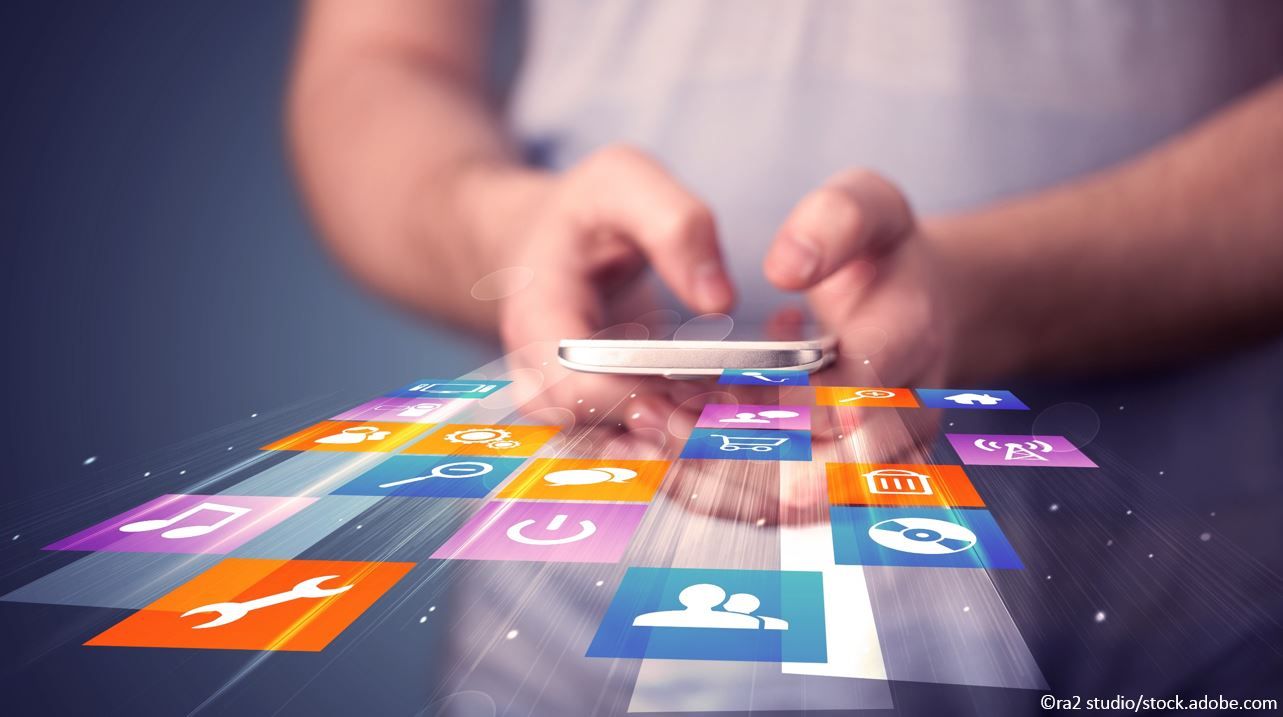- Clinical Technology
- Adult Immunization
- Hepatology
- Pediatric Immunization
- Screening
- Psychiatry
- Allergy
- Women's Health
- Cardiology
- Pediatrics
- Dermatology
- Endocrinology
- Pain Management
- Gastroenterology
- Infectious Disease
- Obesity Medicine
- Rheumatology
- Nephrology
- Neurology
- Pulmonology
Smartphone App Shows Promise for Managing Hypertension in Observational Study
People with hypertension who adhered to the mobile app demonstrated well-controlled blood pressure over a 12-week observational period.
©ra2 studio/AdobeStock

A recent study demonstrated the efficacy and feasibility of a smartphone app designed to monitor blood pressure (BP) and medication use among individuals with hypertension (HTN).
The trial involving 389 participants with primary HTN in a community setting showed high engagement, retention, and acceptability of the mobile app as well as “highly positive” feedback on user experience, according to researchers. Within the first week, 98% (n=380) of the cohort downloaded and actively used the app. Over the 12-week observational period, 239 participants (62.9%) remained engaged, with 201 (84.1%) consistently entering full BP routines at least 80% of the time.
The app, developed by the medical technology company Closed Loop Medicine, also received an overall positive evaluation based on the User Experience Questionnaire (UEQ), scoring "excellent" in domains such as perspicuity, efficiency, and dependability, and "above average" in attractiveness and stimulation.
Importantly, investigators observed that participants who adhered to the app demonstrated well-controlled BP, with no significant changes in average systolic or diastolic BP between week 1 and week 12 (all, P > .05). Furthermore, there were no adverse events (AEs) attributable to the use of the smartphone app or deaths reported during the study.
Participants aged 24 to 87 years were recruited from affiliated sites as part of the ongoing CURE-19 study, which focused on individuals experiencing the pandemic. After completing a digital screener to determine eligibility, individuals provided informed consent and downloaded the app onto their smartphones. Over the study period, participants were instructed to record their BP readings twice daily, document their medication use, and report any emergent symptoms related to SARS-CoV-2 infection. The mean age of participants was 54.1 years, 68.4% were women, and 74.5% were non-Hispanic White.
“The high retention, engagement and acceptability and positive feedback in this study demonstrates that routine monitoring of BP and medications using a smartphone app is feasible for patients with hypertension in a community setting,” researchers concluded. “Remote monitoring of BP and data collection could be coupled with hypertensive medication in a combination product (drug+digital) for precision management of hypertension.”
Reference: Richardson L, Noori N, Fantham J, et al. Personalized smartphone-enabled assessment of blood pressure and its treatment during the SARS-CoV-2 COVID-19 pandemic in patients from the CURE-19 study: Longitudinal observational study. JMIR Mhealth Uhealth. Published online December 3, 2024. doi:10.2196/53430
